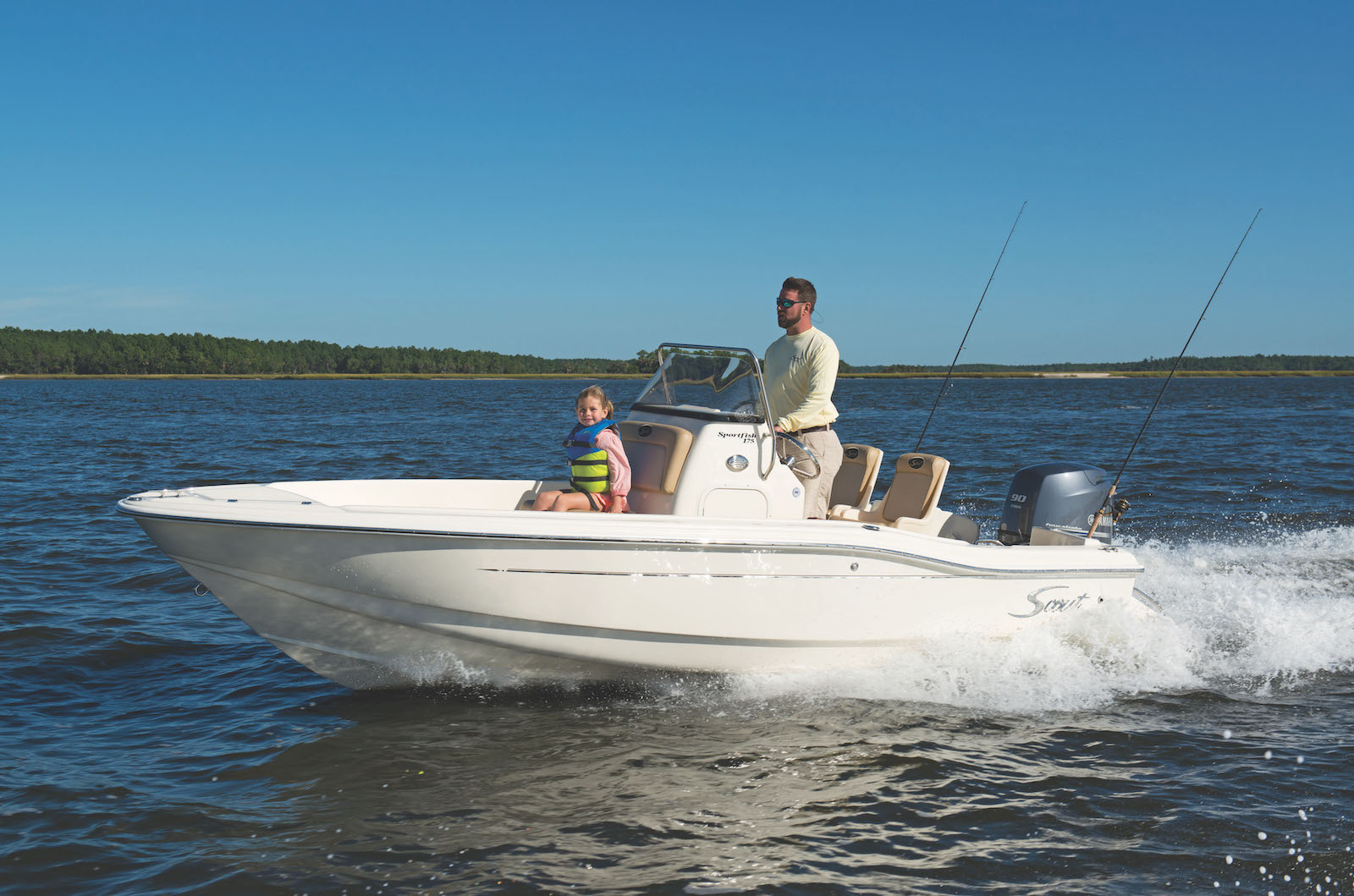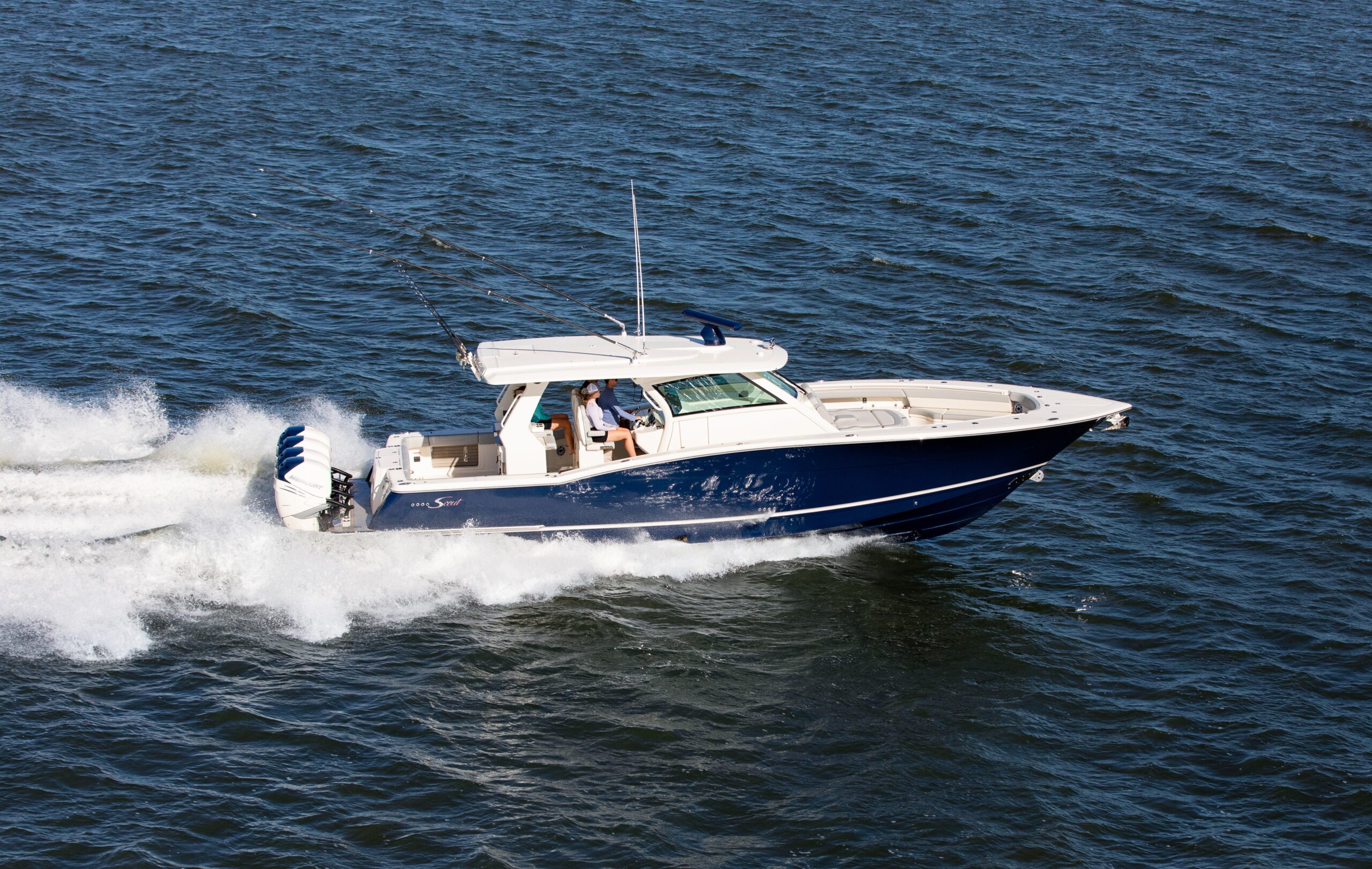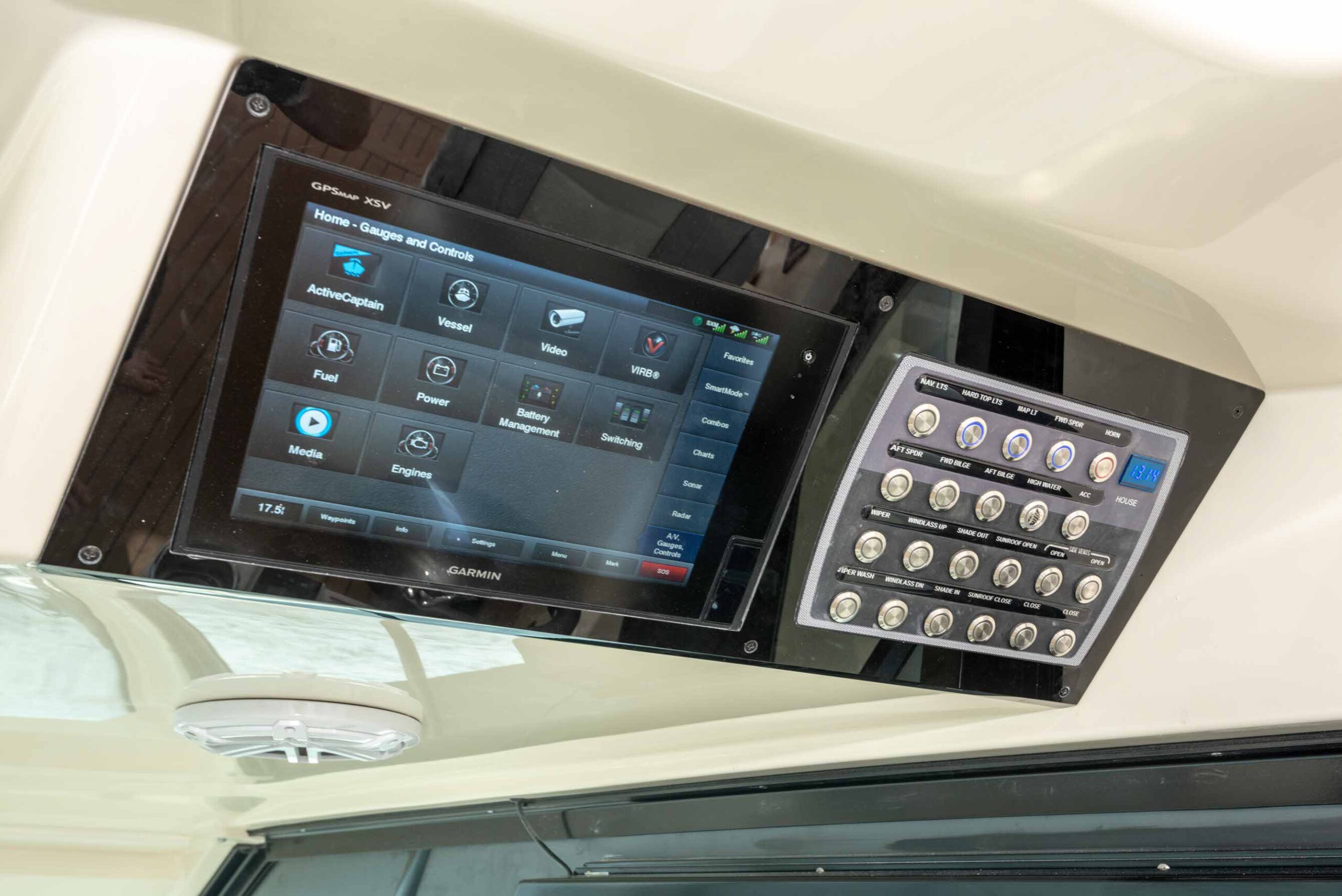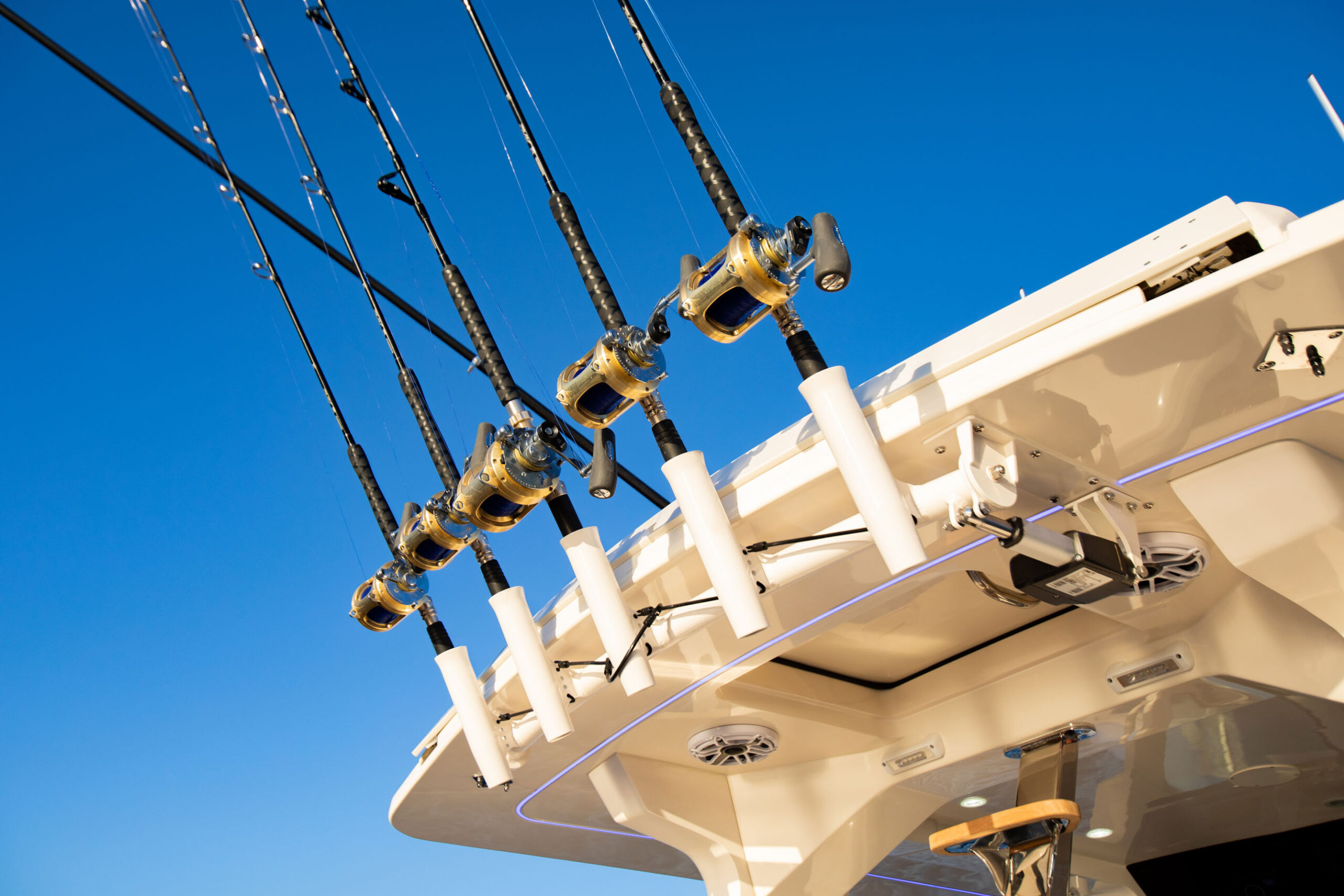July 10, 2023
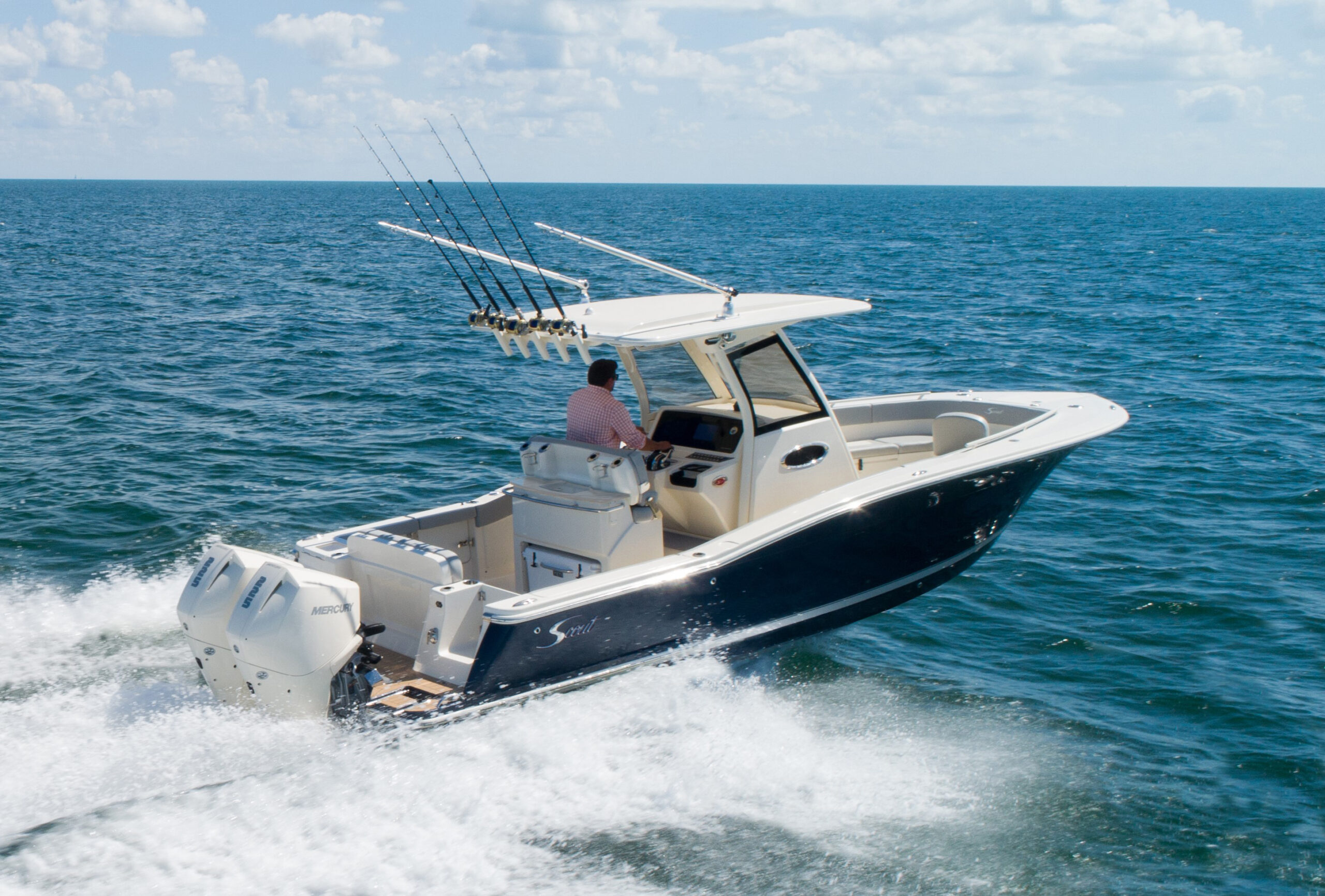
We all make mistakes, and even if you’ve taken every precaution, there’s a fair chance that sooner or later something will slip your mind.
That said, we all want to minimize the mistakes we make, and some are so common we should be on the lookout for them at all times. Here are a dozen boating fails you can avoid with just a little bit of knowledge and forethought.
12 Common Boating Fails to Avoid
- Failing to check the marine weather forecast
- Running aground (keep an eye on your depth sounder)
- Not keeping up with regular maintenance
- Hitting the dock
- Running out of gas
- Forgetting to put in the drain plug
- Overloading the boat
- Getting lost
- Putting out insufficient anchor line
- Running the engine while dry
- Improperly mooring the boat
- Trailering with the engine down and/or the top up
Now let’s talk about how to avoid these mistakes…
- Failing to Check the Marine Weather Forecast
Checking the marine weather prior to each and every trip is a must. No one wants to be surprised by gusty winds, rough seas, and sudden storms. One of the best ways to make sure you never make this mistake is to check out one of the many marine weather forecasts available. The Windy app has been a great resource for us for determining marine weather in Kona and beyond. - Running Aground
Running aground is a lot more common than you might think, and can have severe effects depending on where you’re boating, and whether you hit a soft bottom like sand or hard bottom like coral or lava rock. Always be aware of where you are and what the hazards might be. When in doubt, slow down. You can typically also set an alarm using your depth sounder to alert you when you reach a shallow depth. - Not Keeping Up with Regular Maintenance
Making this mistake can have serious consequences. Be sure to check out your owner’s manual, create a schedule, and stick to it. Having trouble keeping up or feeling overwhelmed with where to start? Check out our vessel concierge program! Our Vessel Concierge program was created to provide our clients with a convenient boat management service and stress-free ownership. We schedule checks at regular intervals to ensure mechanical and electronics systems are functioning properly and reliably. We aim to identify and fix any issues so that your boating time goes uninterrupted. - Hitting the Dock
There’s an old saying among boaters, and it has a lot of value when it comes to making this mistake: never approach a dock faster than you’re willing to hit it. Even when you’re doing everything right, a sudden power loss or mechanical problem can strike when you least expect it. - Running out of Gas
This is one of the most common mistakes people make. Remember that fuel consumption and your boat’s range can be changed by factors like sea conditions and load. Making matters worse, fuel gauge readings can change as fuel sloshes in the tank, and the fuel gauges on boats are often not as reliable as those found in cars in the first place. As a result, smart boaters will stick with the following formula: use one third fuel capacity going out, use one third coming back, and save one third in reserve. - Forgetting to Put in the Drain Plug
This is another mistake that’s all too familiar to many of us, especially trailer-boaters, who commonly remove the plug between uses. Forgetting to install the drain plug is a lesson you will only have to learn once! - Overloading the Boat
This miscalculation can be downright dangerous, so always keep track of the weight of both people and gear when you’re loading up the boat.
Check the boat’s capacity plate to make sure you’re in the safe zone, if you haven’t already memorized your boat’s maximum capacity. - Getting Lost
Although this happens less and less on the water these days thanks to modern marine electronics and navigation instruments it does still happen. And any electrical systems can have gremlins, so you need to always be aware of your location and how to get home regardless of what electronics you have on board.
Consider adding a marine navigation app to your phone, which essentially turns it into a mini-chartplotter, as a back up to your on board navigation system. - Putting Out Insufficient Anchor Line
Anchoring a boat seems like a simple task: just drop down the anchor, cleat off the line, and the boat will stay put…right? Not necessarily.
Even in calm seas if you don’t let out enough line to match three times the depth, the anchor may pull free. In good conditions, a “scope” (length of anchor line) of 5:1 or 7:1 as compared to water depth is considered minimal. When it’s rough out, 10:1 may be necessary. - Running the Engine Dry
The vast majority of marine engines (excluding air-cooled and electric engines) require a supply of water for cooling purposes. But not only does the water cool the engine, it also lubricates the water pump impeller commonly found in most marine propulsion systems. Run a boat motor while it’s on dry land without a sufficient water supply, and it will overheat, the impeller will be damaged, or both. - Improperly Mooring the Boat”
The most common issue here is a failure to learn a proper cleat hitch. Then one might be left standing on the dock, watching the boat float away. Of course, tying up correctly in a slip is important, too, to make sure the boat doesn’t bang the dock or other vessels. - Trailering with the Engine Down and/or Top Up”
Prepping a boat for trailering is an important task, and two things that people sometimes make mistakes with include the engine tilt and Bimini tops. In both cases, they shouldn’t be left in the up position.
Engines that are tilted all the way up can bounce and sway, putting a lot of pressure on the boat’s transom. If the trailer allows for the engine to be tilted down, great. If not, using a “transom saver” bracket that supports and secures the outboard is a must.
And when it comes to Bimini tops, remember that they aren’t designed to withstand 60 MPH winds. Rather than being left up, a convertible top should always be taken down and secured for highway speeds.Even if you commit everything you’ve just read to memory, will your boating days be completely mistake-free? Of course not. Mistakes are simply a part of life, in everything we do. But with a little bit of luck and some good remembering, hopefully, these 12 mistakes will be ancient history.

